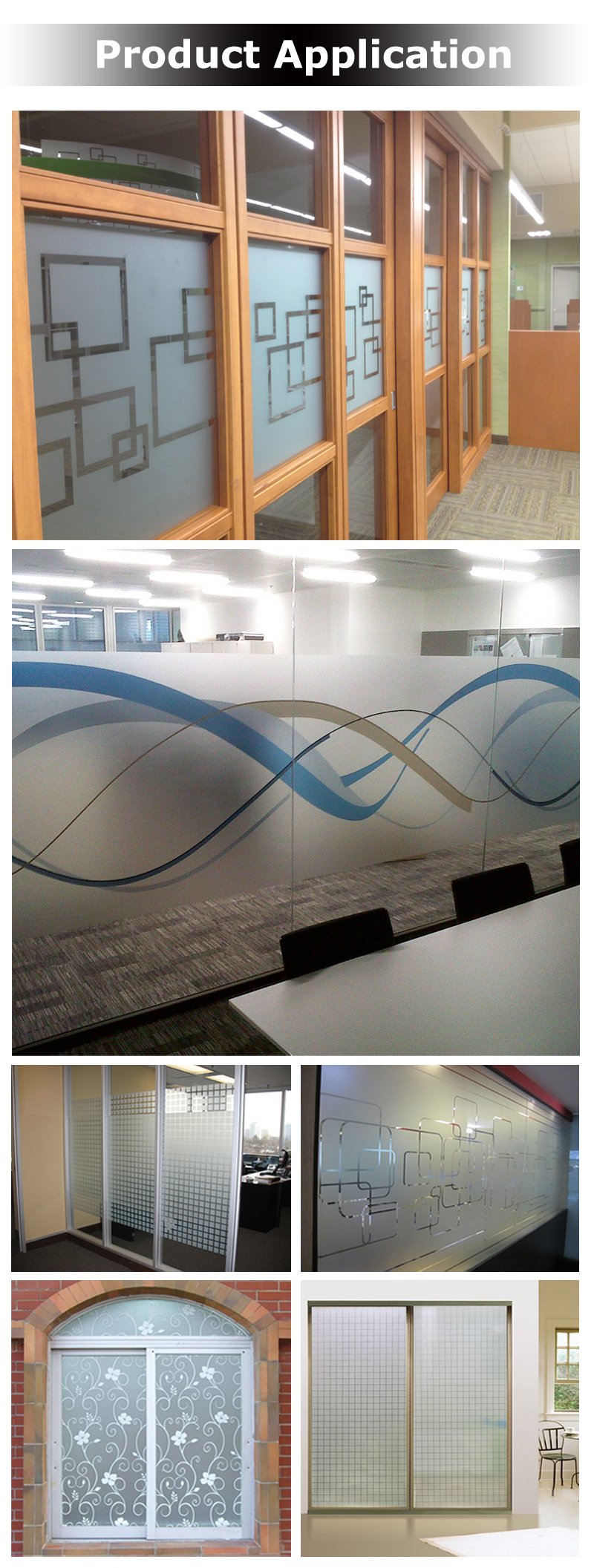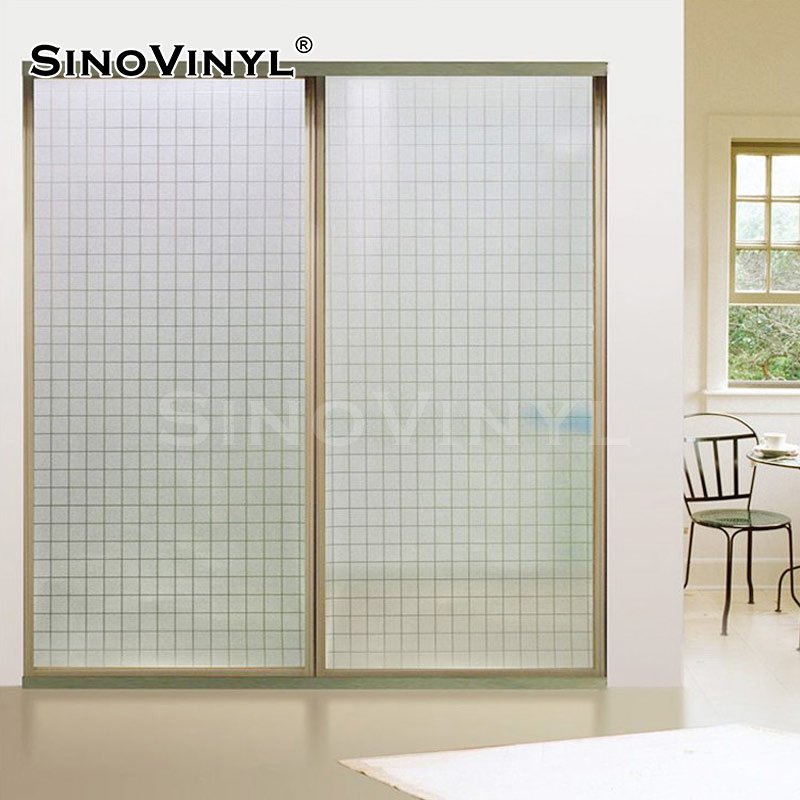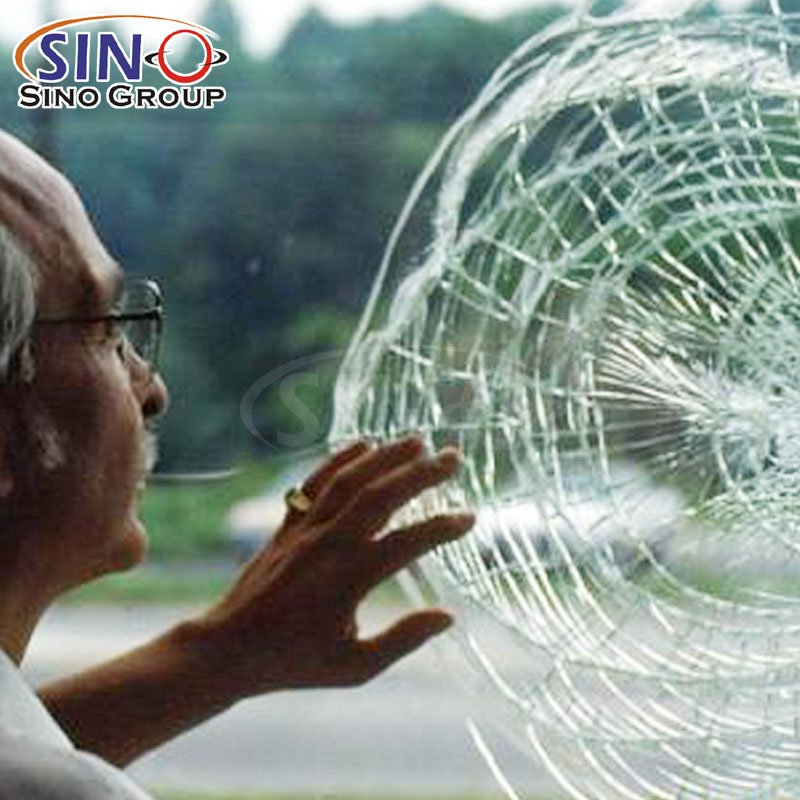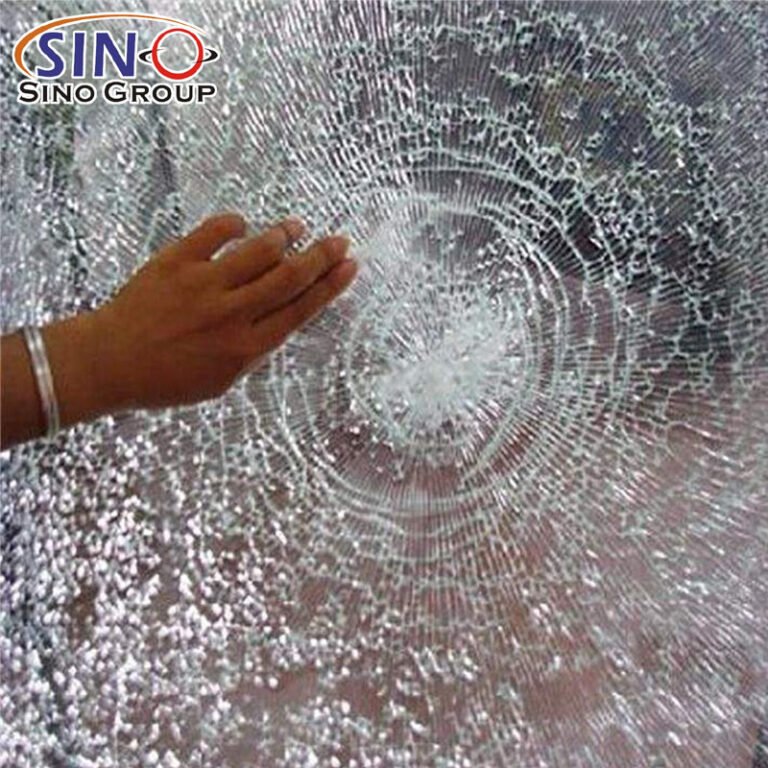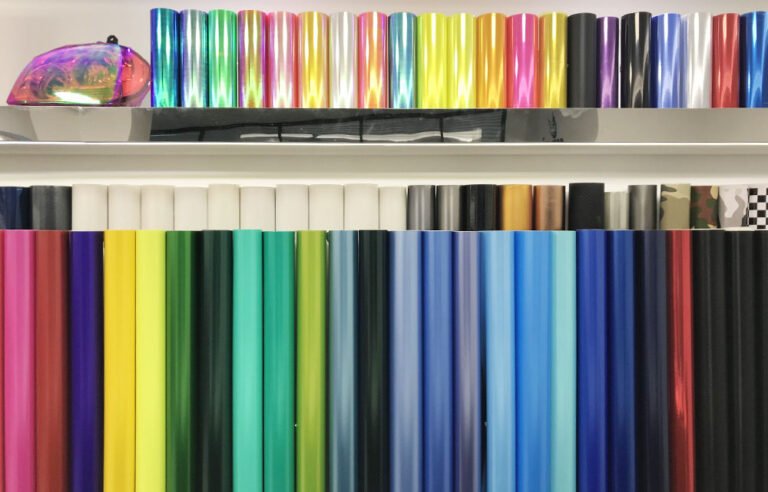How to Choose the Right Window Glass Protective Film
Window glass protective films offer a range of benefits, from UV protection to increased security and privacy. However, selecting the right film requires careful consideration. Here are some key factors to keep in mind:
Considerations for Residential Use:
1. Purpose of Application:
– Identify the primary purpose of applying the protective film. Is it for UV protection, privacy, security, or a combination of these?
2. Aesthetic Preferences:
– Consider the aesthetic aspects. Do you prefer a clear film for minimal visibility change or a tinted film for added privacy and reduced glare?
3. Climate and Weather Conditions:
– Take into account the local climate. In areas with harsh sunlight, UV protection might be a primary concern, whereas in colder climates, insulation might be more important.
4. Budget Constraints:
– Determine your budget. There are a wide range of protective films available, and understanding your budget will help narrow down the options.
5. Durability and Longevity:
– Assess the durability of the film. Some films are designed to last longer and withstand more wear and tear.
6. Ease of Maintenance:
– Consider how easy it is to clean and maintain the film. Films that are scratch-resistant and easy to clean can save you time and effort in the long run.
Considerations for Commercial Use:
1. Security Requirements:
– Evaluate the security needs of the commercial space. Does it require shatter-resistant or privacy-enhancing films?
2. Regulations and Compliance:
– Ensure compliance with local regulations and building codes, especially if the space is a public or commercial building.
3. Functionality and Performance:
– Determine the specific functionalities needed, such as glare reduction for office spaces or privacy for meeting rooms.
4. Brand Image and Aesthetics:
– Consider how the protective film aligns with the brand image and overall aesthetics of the commercial space.
5. Energy Efficiency:
– Assess if energy efficiency is a priority. Some films are designed to reduce heat transfer, potentially leading to energy savings.
Professional Installation vs. DIY:
1. Complexity of Application:
– Consider the complexity of the installation process. Some films may require professional expertise for a seamless application.
2. Warranty and Guarantee:
– Professional installation often comes with a warranty or guarantee, providing added peace of mind.
3. Time and Resources:
– Evaluate the time and resources you have available. DIY installation may save money, but it requires careful attention to detail.
4. Risk of Errors:
– Assess the risk of errors during installation. Mistakes can lead to air bubbles or misalignment, which may be more likely with a DIY approach.
5. Tools and Equipment:
– Determine if you have the necessary tools and equipment for a successful installation. Professionals often have specialized tools for precise application.
Ultimately, the right window glass protective film will depend on your specific needs, preferences, and available resources. Taking the time to carefully consider these factors will lead to a choice that best suits your situation. If in doubt, consulting with a professional can provide valuable guidance.
